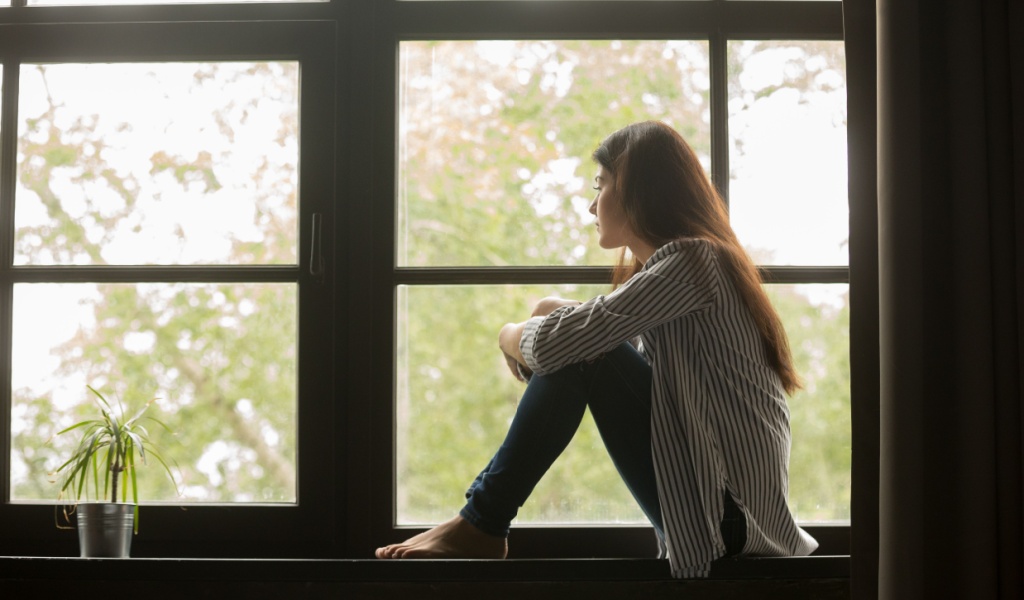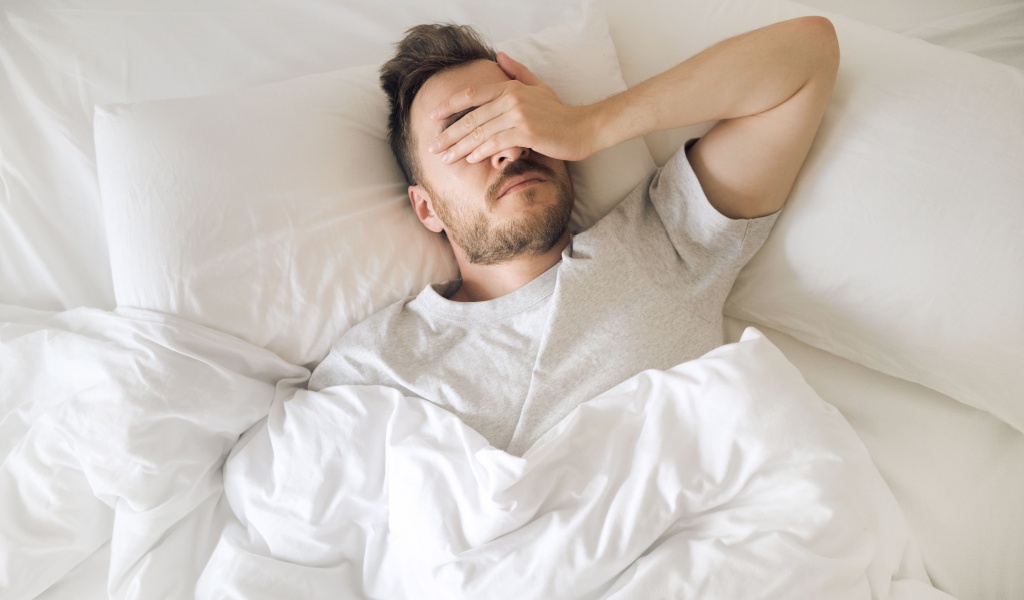Waking up with a racing heart, a tight chest, or a feeling of fear every morning can be devastating. For many people, morning anxiety is a major challenge. Apprehension creeps in when they open their eyes, making it tough to begin the day with an open mind. If you go through this frequently, you’re not alone. Many people wake up feeling uneasy, and the causes for this can be physical and mental. Let’s explore five common reasons for morning anxiety and how to handle them.

Unsolved Tension or Worry from the Previous Day
Anxiety can be an effect of worries and tension that were left unsolved the previous day. According to Talkspace, an online therapy platform, your brain doesn’t shut off during sleep, and unresolved stress or negative feelings can persist, reappearing when you wake up. For people with generalized anxiety disorder (GAD), it’s more difficult to calm the mind even before sleeping. Due to these feelings, you might wake up stressed or nervous about the problems you didn’t address the previous day.
Whether it’s work stress, marital problems, or financial issues, the pressures of the previous day frequently dawdles into the next morning, raising anxiety levels.
One way to avoid this is by practicing mindfulness before sleep. Consider writing down your worries, creating a to-do list, or engaging in relaxation techniques before bed to calm your mind. If you wake up feeling anxious, focus on grounding exercises such as deep breathing or paying attention to your surroundings.
Sleep Disorders or Inadequate Sleep
The quality of sleep you get plays an important part in how you feel in the morning. According to Healthline, sleep disorders, like insomnia, sleep apnea, or restless leg syndrome, might increase your anxiety levels in the morning. When your sleep is fragmented or inadequate, your body doesn’t get the proper break it needs, resulting in feelings of stress when you wake up.
Insufficient sleep can also make it difficult for your body to control cortisol levels, which may worsen feelings of anxiety. If you’re waking up often at night or not getting sufficient rest, you may feel nervous or tense even before opening your eyes in the morning.
Creating a good sleep routine is essential to reducing morning anxiety. It can include calming activities such as reading, a warm bath, or soothing music. Make an effort to go to bed and wake up at the same time every day, even on weekends. Reduce your screen time before bed because the blue light from phones and computers can disturb your circadian rhythm.
The Natural Stress Response of Your Body
Your body’s stress reaction, also called the “fight or flight” response, is essential to how you feel when you wake up. This response is initiated by releasing stress hormones like cortisol, which normally peaks in the mornings. Cortisol levels increase in the morning to help you wake up and be attentive. However, for some people, this increase in cortisol can be too much, which results in anxiety.
If you’re already going through a lot of stress or have a history of anxiety, your body may react exaggeratedly. This indicates that your cortisol levels are rising more than they should, prompting panic attacks or anxiety as soon as you wake up.
The first thing you can do here is to understand the physical causes behind your morning anxiety. Make an effort to allow your body to adapt by including a morning routine that encourages relaxation. Begin with deep breathing workouts, a short meditation, or stretching which assists in relaxing your nervous system. The objective here is to lessen your stress response progressively by letting your body ease into the day rather than heading straight into a state of panic.

Experiencing Negative Thoughts and Overthinking
One of the most common causes of morning anxiety is negative thoughts. If you’re generally an overthinker, you might start stressing about what could go wrong as soon as you wake up. Talkspace claims that many individuals go through morning anxiety as a result of getting caught up in a negative thought pattern where they assume the worst and feel helpless to avoid it.
Cognitive errors such as “all-or-nothing” thinking or concentrating on worst-case situations can cause an anxious reaction, making it hard to begin the day with a clear mind.
To control this, challenge negative feelings with cognitive reasoning. Replace your negative thoughts with more accurate or optimistic ones. For instance, rather than thinking, “Today is going to be terrible,” try telling yourself, “I’ve tackled trials before, and I can manage it today too.” Practicing gratitude every morning may also assist in changing your perspective.
Not Having Control Over the Day
Not having any control over the day or being unsure about the day ahead can cause anxiety as soon as you wake up. Talkspace claims that many people suffer from morning anxiety as they feel overburdened by the duties, responsibilities, and decisions they have to make during the day. Whether it’s about a presentation at work, a challenging discussion with a loved one, or a forthcoming deadline, being uncertain about being unable to manage the day’s tasks can bring anxiety.
This form of anxiety frequently arises when there’s a doubt about what the day will bring or when you feel like you’re not ready to handle everything on your agenda.
One of the most successful methods to handle this type of anxiety is to develop a plan for your day. As soon as you wake up, take a minute to check your agenda and divide it into simpler parts. Prioritize the key tasks and let yourself concentrate on one thing at a time. You can also prepare for the day by arranging your workplace, setting your clothes, and clearly defining what needs to be done the previous night. This system can give you a feeling of being more in control and lessen the anxiety of uncertainty.
Conclusion
Waking up with anxiety can be devastating; however, learning the underlying causes is the first step in working towards it. Whether it’s your body’s normal stress reaction, unsolved stress from the previous day, inadequate sleep, lack of control, or negative thought patterns, there are practical actions you can take to lessen morning anxiety.
By creating a relaxing morning routine, treating underlying stress, enhancing sleep quality, and fighting negative thoughts, you can start your day with more serenity and less anxiety. It can take some time, but with constant effort, you can lessen anxiety and positively change your mornings.
Therefore, the next time you wake up feeling uneasy, remember that you’re not alone and that there are many things you can do to feel more secure. Take a deep breath and give yourself the time and space to begin your day peacefully. This is where your path to a calmer morning begins!



